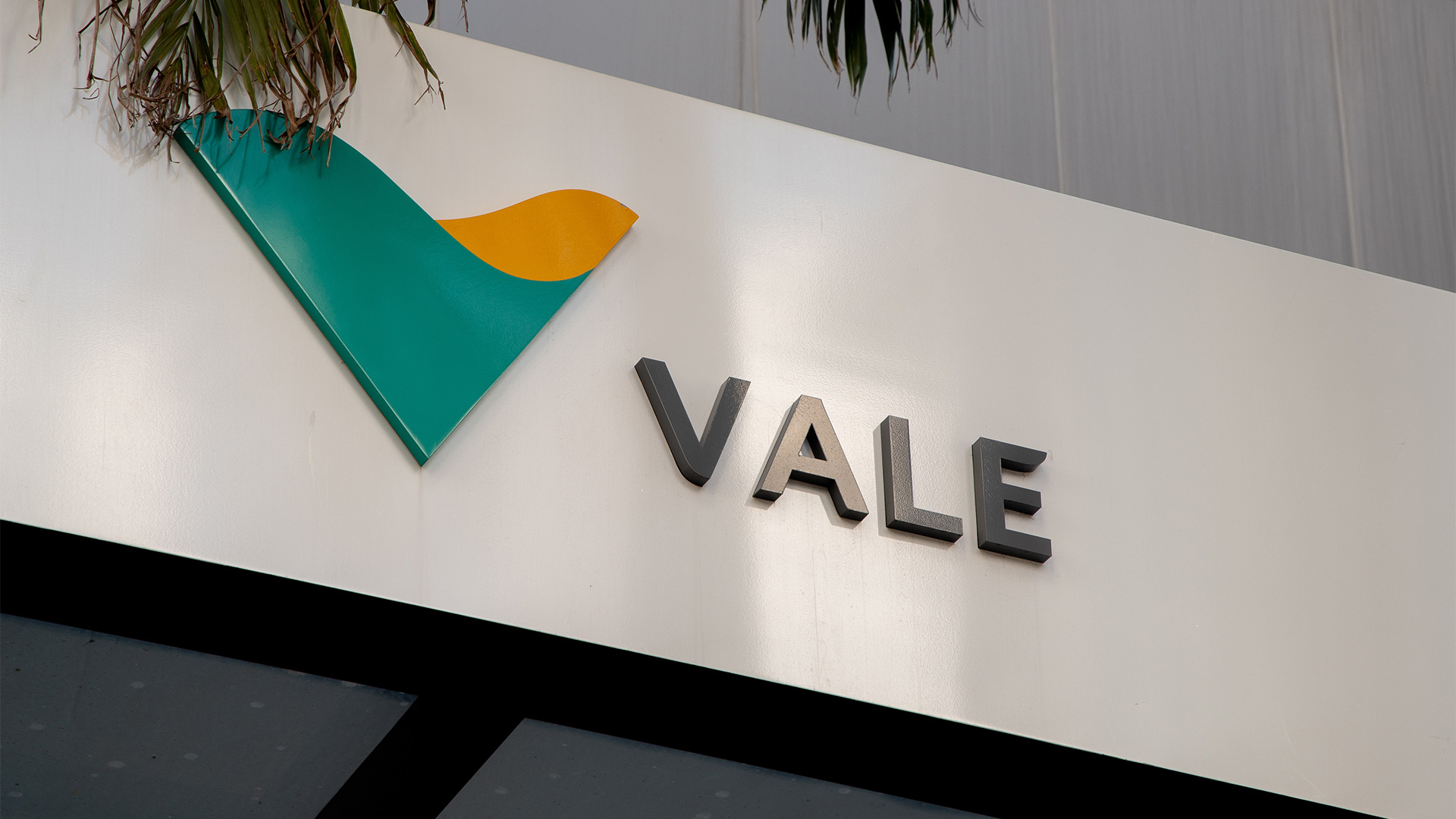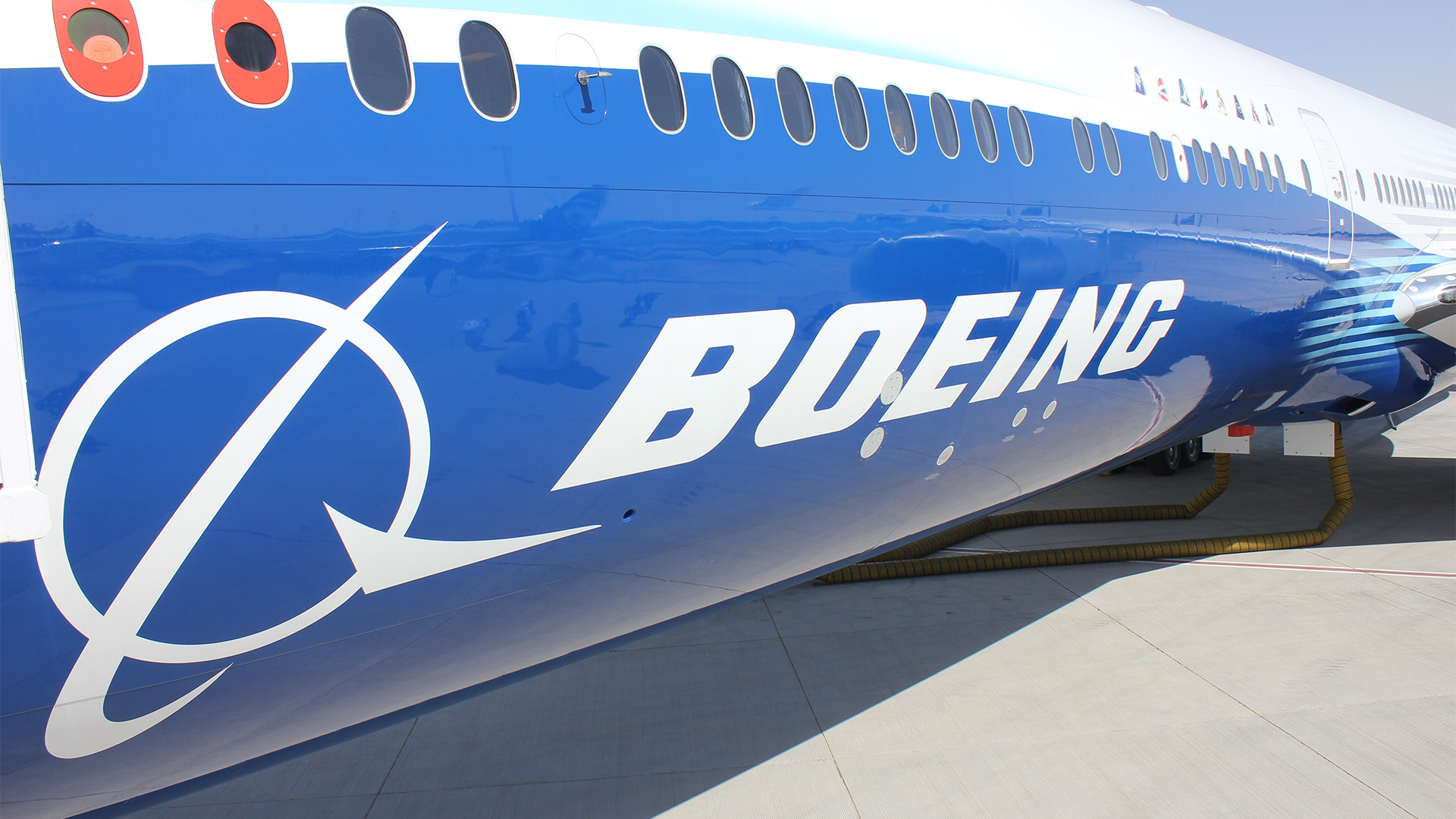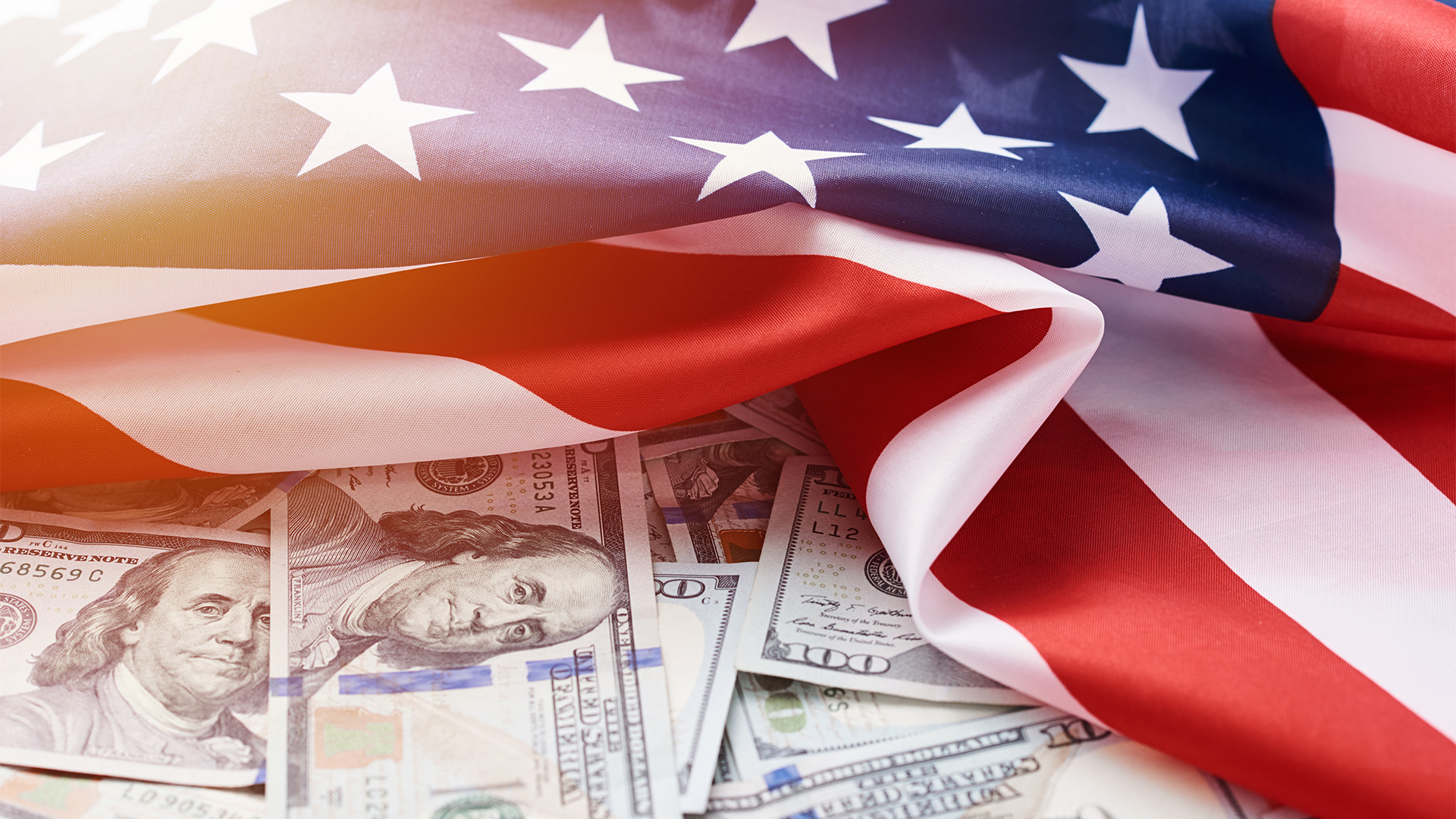China’s July new car sales data underlines the growing importance of so-called New Energy Vehicles (what we call EVs, or Electric Vehicles) in supporting total car sales across the country at levels higher than they would otherwise be.
It’s another reminder of how far we in Australia are behind the rest of the world – thanks to the denialist Morrison government – in adapting to what will be the biggest trend in consumer and manufacturing activity for decades to come.
Companies like BHP, Rio Tinto, Mineral Resources, IGO are far ahead of the Morrison government in adapting to the future and investing billions of dollars.
Share Cafe readers will have already seen reports on the ambitious EV plans American giants like GM and Ford, plus Tesla, and Japan’s giant, Toyota – these plans include spending billions of dollars on new battery plants and other infrastructure – many of their plans have target dates of 2030 and 2030 for replacing ICE powered vehicles (internal combustion engine).
The UK, France and Germany have equally ambitious plans for phasing out ICE powered vehicles.
In comparison Australia is a long way behind policywise, but the rapid uptake of roof top solar, wind farms, solar farms and batteries continues, despite opposition of some kind from some conservative governments (not NSW) and some in the media.
But only China has managed, through subsidies and other assistance, managed to drive the growth in EV production and sales as we have seen in the past 20 months – EV sales are running at an annual rate of close to 2.5 million units.
The rapid growth in production and sales of NEVs is supporting the entire car industry and in July helped limit the slide in car sales from 2020’s weak levels.
Data out on Tuesday showed sales of passenger vehicles, including sedans, sport-utility vehicles, and multi-purpose vehicles, dropped 6.2% year on year to 1.5 million units in July.
Some of that fall was due to restrictions due to flooding in July in parts of central China and the continuing shortage of computer chips which has impacted production and sales across the board, especially of NEVs.
Passenger vehicle sales in the first seven months totalled 11.45 million units, a 22.9% rise year on year and due to the combination of the surge in sales of NEVs and the low level of sales for most of the first seven months of 2020 when they were constrained by the lockdowns.
A total of 1.2 million units NEVs were sold in the first seven months of 2021, triple the number from the same period in 2020.
New energy vehicle sales totalled 222,000 NEVs sold in July. BYD sold the most with 50,387 units, Tesla shifted 32,968 vehicles (most which were exported) and the SAIC-GM-Wuling joint venture reported 27,347 sales.
China exported 128,000 passenger vehicles in July, more than triple the amount from a year earlier. NEVs accounted for 20% of the exports. Tesla exported 24,347 cars from its new Shanghai plant and only sold 8,600 in China.
The industry associated warned continued holdups to production due to chip shortages and the sporadic Covid-19 outbreaks will increase pressure on auto supply in August and affect car sales in some areas.
Too many people in Australia and other countries claim China isn’t doing much to reduce emissions – that’s blindness and fibbing. It is – the NEV sales figures confirm it as does the collapse in iron ore prices.
Both are tangible examples of what China is doing and the rapidity of the changes underway.













